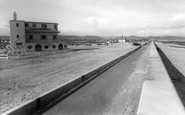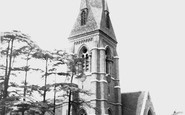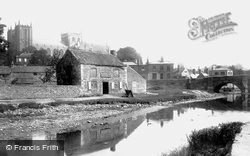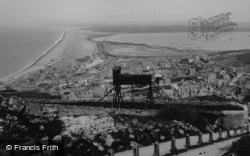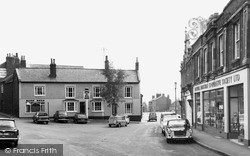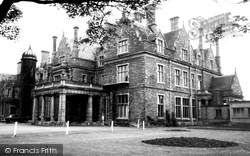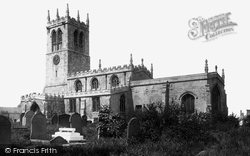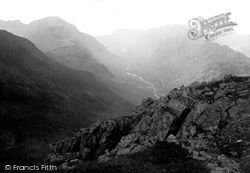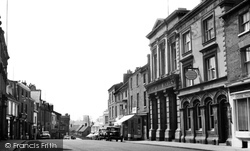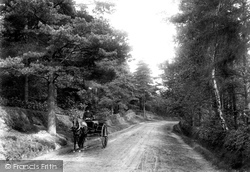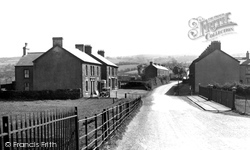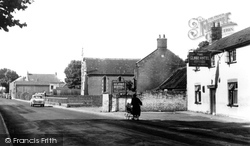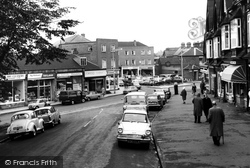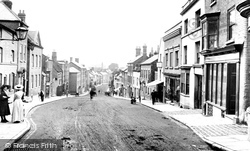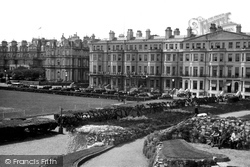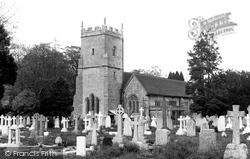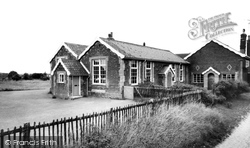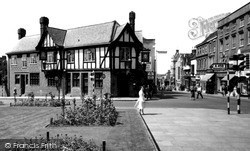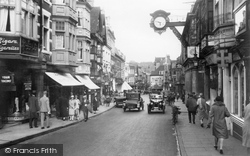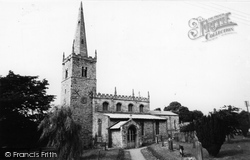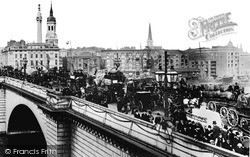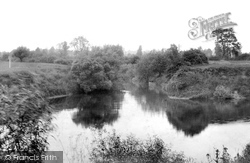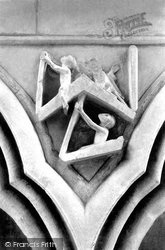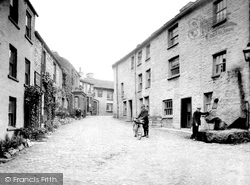Places
Sorry, no places were found that related to your search.
Photos
5 photos found. Showing results 761 to 5.
Maps
83 maps found.
Books
Sorry, no books were found that related to your search.
Memories
1,127 memories found. Showing results 381 to 390.
Searching For 1950s Neighbours
Hello there, My stepfather has asked me to search for three people that he knew in the 1950s and early '60s in Steventon. My stepfather is Robert Orchard from Pembrokeshire, Wales. He worked for the electricity ...Read more
A memory of Steventon by
The White Cafe, Kinmel Bay.
I remember this place during WW2. It was all closed up but we used to find a way in and were sometimes chased off. We called it the "White Cafe". All that was in the 1940s when I was only a young child. I went back in the ...Read more
A memory of Kinmel Bay by
The White Cafe, Kinmel Bay.
I remember this place during WW2. It was all closed up but we used to find a way in and were sometimes chased off. We called it the "White Cafe". All that was in the 1940s when I was only a young child. I went back in the ...Read more
A memory of Kinmel Bay by
The War Years
I am now 86, but in 1941 until 1945 I lived in Heswall. My family has been evacuated from Jersey in the Channel /islands and we lived in several places before finally coming to Heswall. there was a refugee school for Guernsey and Jersey ...Read more
A memory of Heswall by
My Youth In Uxbridge.
I lived in Cherry Grove in Hillingdon until 1965, I went to Hillingdon Primary School then Evelyns Secondary School, when I left school I work for a Company called H.J. Smarts at the back of Uxbridge Station. I have fond ...Read more
A memory of Uxbridge by
Days Kids
My memories of Mexborough were playing by the canal down ferry boat lane of church street , canal barges would come along and we would open the old bridge and let them through and the boat man would throw us pennies for our help. We would ...Read more
A memory of Mexborough by
My Holidays In Margate
My mum & dad used to take me and my sister to Margate (Cliftonville) for 2 whole weeks back in the late 50s/early60s. I shall look up some old photos when I have a chance. Although we didn't have much money then, we took a ...Read more
A memory of Margate by
Bygone Days
I remember as a lad,every Sunday morning trying to get a game of soccer in Smirthwaite parl,there must have been 20 a side in them days,and the bowling matches,where the women would put on tea and buns ,and most of the older men seemed ...Read more
A memory of Normanton
Station Hotel
Just wondering if any one remembers the station hotel pub? My grandparents ran it for a while and I'm interested in the history of it. Any thing at all would be very much appreciated :)
A memory of Wingate
Portmanmoor Road Memories .
My nan used to own the florists at 28 Portmanmoor Rd - Mrs. Cox . Next door Mrs.White had a shoe shop . Her son was Tony White . Further on down Portmanmoor Rd was Canns - a hardware shop . Opposite was Edna Stones fruit and ...Read more
A memory of Splott by
Captions
1,233 captions found. Showing results 913 to 936.
In this view of the stone-walled canal basin we see the cathedral rising over the roofs, and the old arched bridge.
Its stones tend to be much larger at one end than the other. John Meade Faulkner immortalised the area in his famous smuggling novel 'Moonfleet'.
The road here is much busier today.
The round turret by the side of the main entrance with its ogee cap looks very much like a windmill tower.
Though St Peter's dates from Saxon times, it is believed that Hamelin Plantaganet might have also have rebuilt the church, as much of the stonework is 12th-century.
Its stones tend to be much larger at one end than the other. John Meade Faulkner immortalised the area in his famous smuggling novel 'Moonfleet'.
Much of this lovely valley is now cloaked under a blanket of conifers, as are so many of the Lake District dales.
Rodhouse's, a milliner's and draper's (extreme right), are still remembered with much affection in the town by the many ladies who bought their hats and bonnets there, made by the Misses
The lack of other vehicles meant that it probably didn't matter too much, but the driver of the horse and trap is apparently unaware of the 'keep left' rule of the road.
Although the area developed rapidly in the 19th century (the population was 3,375 in 1841 and increased to 9,721 in 1891), it has been a settlement for much longer.
The Globe Hotel (right) is now much extended, and has been renamed the Scarlet Pimpernel.
Taken from Station Approach, looking towards the village centre, this view is much the same today.
Beyond the wall there would have been more room to spread out, and so immediately the road becomes much wider.
The rendered range with its straight parapet is in marked contrast to the much more ornate Grand Hotel to its left.
Much of the town dates from between 1890 and 1939, and many of its residents were employed by the railway.
He did much of his early oral history recording in the village; this formed the basis of many books, including 'Ask the Fellows who Cut the Hay' in 1956.
Today the grass and beds full of flowers have been replaced by paving stones and beds with bushes planted in them instead - all very much easier to maintain.
Apart from the introduction of a pedestrianisation scheme and some new shop fronts, it remains much the same today.
The village lost its medieval church to bombs in World War II and has expanded much since the War, partly due to Lincoln’s proximity and partly to the RAF.
This five-arched granite structure was constructed in 1827 from the designs of John Rennie. Its excessive cost was once the talk of the city.
Sixty-five years on from photograph No 26547, and not very much has changed, save for the more abundant foliage, and Trumpington Street now echoing to the sound of cars!
The Battle of Powick Bridge took place nearby in 1642 and, more importantly, much of the action of the Battle of Worcester in 1651 took place on and around this site.
The Dean's chapel in the south quire transept has a 13th-century frieze of carvings in the spandrels of the arcading (that is, between the tops of the adjoining arches).
The cobbled Main Street, with The Sun Inn at the top, remains very much the same today.
Places (0)
Photos (5)
Memories (1127)
Books (0)
Maps (83)

